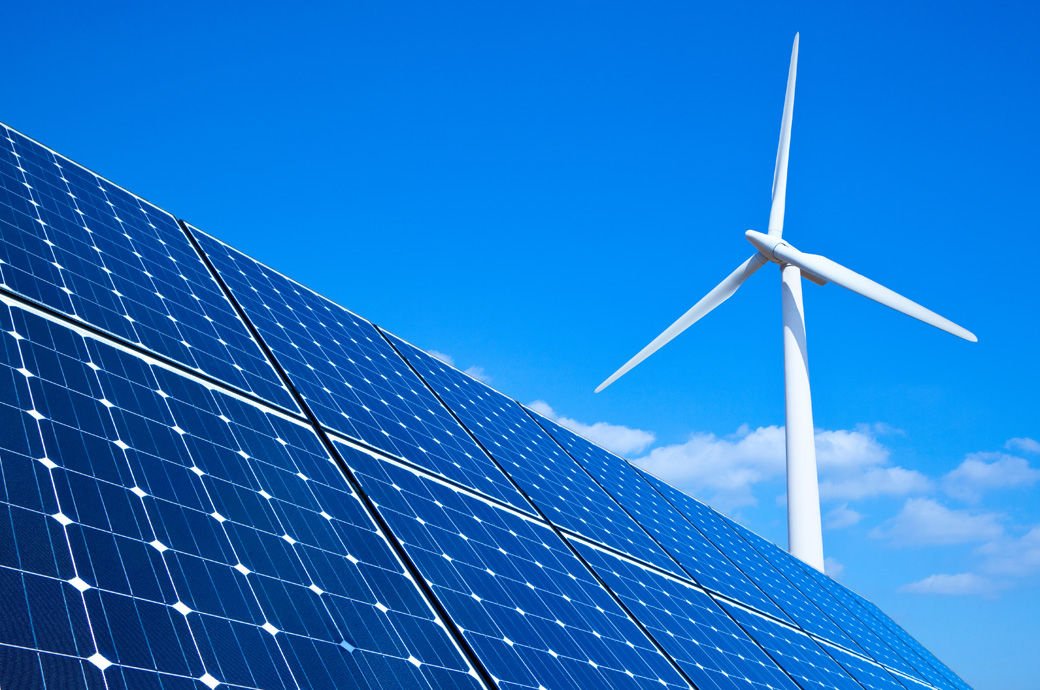

Despite renewables becoming the fastest growing source of power, the world risks missing the tripling renewables target pledged at the 2023 Conference of the Parties of the UN Framework Convention on Climate Change (COP28), according to the ‘Renewable Energy Statistics 2024’ report released by the International Renewable Energy Agency (IRENA) recently in Abu Dhabi.
To stay the course, the world will now have to grow renewables capacity at a minimum annual rate of 16.4 per cent rate till 2030, the report said.
The unprecedented 14-per cent increase of renewables capacity last year established a 10 per cent compound annual growth rate (2017-2023).
Combined with the constant decreasing additions of non-renewable capacity over the years, the trend sees renewable energy on its way to overtake fossil fuels in global installed power capacity, an IRENA release noted.
However, if last year’s 14 per cent increase rate continues, the tripling target of 11.2 terawatts (TW) in 2030 outlined by IRENA’s 1.5 degrees Celsius scenario will fall 1.5 TW short, missing the target by 13.5 per cent.
Furthermore, if the world keeps the historic annual growth rate of 10 per cent, it will only accumulate 7.5 TW of renewables capacity by 2030, missing the target by almost one-third.
“Renewables must grow at higher speed and scale. Our new report sheds light on the direction of travel; if we continue with the current growth rate, we will only face failure in reaching the tripling renewables target agreed in the UAE Consensus at COP28, consequently risking the goals of the Paris Agreement and 2030 Agenda for Sustainable Development,” IRENA director general Francesco La Camera said.
“Consolidated global figures conceal ongoing patterns of concentration in geography. These patterns threaten to exacerbate the decarbonisation divide and pose a significant barrier to achieving the tripling target,” he added.
“That means increasing collaboration between governments, the private sector, multilateral organisations, and civil society. Governments need to set explicit renewable energy targets, look at actions like accelerating permitting and expanding grid connections, and implement smart policies that push industries to step up and incentivise the private sector to invest,” said COP28 president Sultan Al Jaber.
“Additionally, this moment provides a significant opportunity to add strong national energy targets in NDCs [national development goals] to support the global goal of keeping the 1.5 degrees Celsius target within reach,” he added.
Fibre2Fashion News Desk (DS)